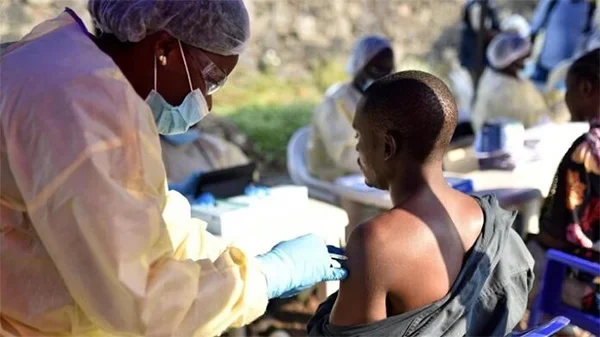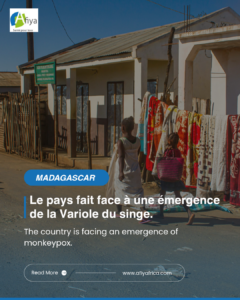Northern Senegal is facing a concerning public health situation. Authorities have issued a health alert in the region following a resurgence of Rift Valley Fever (RVF), a zoonotic disease transmitted from animals to humans. Since September 21, the illness has tragically claimed eight lives.
In the Saint-Louis area, near the Mauritanian border, health services have reported 20 confirmed cases and at least eight deaths. In response to this emergency, President Bassirou Diomaye Faye has instructed the Ministry of Health to immediately activate response and prevention protocols, notably through the launch of a large-scale awareness campaign in affected localities.
Government Response and “Critical” Status
Health Minister Ibrahima Sy visited the area and described the situation as “critical.” He urged the population to remain vigilant and to mobilize collectively to curb the spread of the virus.
Mr. Sy stressed the severity of the outbreak, noting: “This is the first time we have recorded eight deaths in a single week. Almost all districts in the region are affected.” The minister also issued a call for blood donations to meet the increased demand caused by severe hemorrhagic fever cases.
Response measures include:
-
Medical care for severe cases.
-
Indoor insecticide spraying.
-
Distribution of insecticide-treated mosquito nets in collaboration with the National Malaria Control Program.
-
Strengthening of epidemiological surveillance.
Causes of Spread and Academic Delay
According to epidemiologist Bouly Diop, the spread of the virus is facilitated by the proliferation of mosquitoes, particularly the Culex species, often found in stagnant water. He added that any possible mutation of the virus would require further laboratory analysis to be confirmed.
To reduce transmission risks, the academic reopening at Gaston Berger University (UGB) in Saint-Louis, initially scheduled for Wednesday, October 1, has been postponed to Thursday, October 9.
Other Health Threats
Alongside RVF, Senegal is also managing an outbreak of Mpox (monkeypox) in the Dakar region. Five cases have been confirmed since August 22, with no reported deaths. One patient has recovered, while the remaining four are currently under treatment and showing favorable progress.
In light of these multiple health threats, the National Epidemic Management Committee has announced priority actions, including enhanced surveillance, improved public communication, and strengthened community engagement in the health response.







OTHER ARTICLES
Sex, Gender, and Medicine: Understanding Errors in Sex Assignment
Editorial: AFCON – When Football Becomes a Major Public Health Lever in Africa
Cheaper drinks will see a rise in noncommunicable diseases and injuries